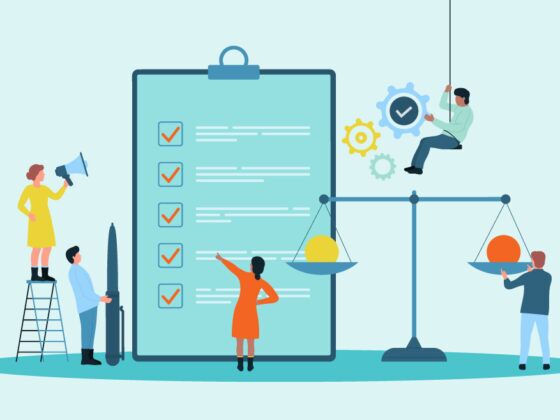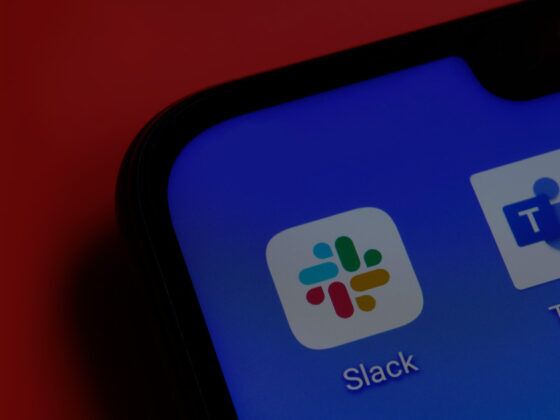Litigation support delivers a real boost to your firm’s productivity enabling attorneys to focus on delivering great legal work.
When lawyers have access to great technology support, it helps win new clients, deliver strategic advantages in litigation, and ultimately can add to a firm’s bottom line.
For smaller firms, litigation support is a force multiplier, providing sets of capabilities across the litigation lifecycle for larger clients with higher exposure litigation. So let’s take a look at litigation support and unpack its components.
What is litigation support?
Simply put, it’s any effort to organize the factual information in your case. Broadly speaking, it can encompass any activity that is not directly related to providing legal advice.
In today’s litigation, that usually involves managing electronic data in its native form. Even attorneys who still prefer paper often need assistance to organize hard copies of electronic data.
These services can come from attorneys, litigation support software, third-party vendors, paralegals and litigation support professionals. A leading industry group, the International Legal Technology Association (ILTA), has a whole community dedicated to people with this experience.
When is litigation support most useful to small firms?
Litigation support can be used at any phase of litigation, from data collection through trial prep. Here are some common examples:
1 . Preparing electronic data
Managing electronic files is an inescapable part of modern litigation. Increasingly, every case has some component of managing “native,” or original, files in additional to imaged PDFs. Think email.
Some attorneys are experts at properly maintaining electronic evidence. Most are not. It’s up to you to decide where you want to fall on this spectrum.
2. Getting the facts to your fingertips
Great litigation support prevents lawyers from wasting time looking for key documents or deposition testimony. When information is bundled and delivered as highly relevant blocks, it greatly reduces the level of effort required to get started on the legal and factual work. It’s like having a prep chef so you can focus on the cooking.
3. Enabling focus
Being a jack of all trades often leads to being a master of none. The organizational tasks involved in preparing for deposition or drafting a brief are significant. And drain the precious time and mental energy needed to shape the content. Do you want to be the architect, or the carpenter?
“[Having litigation support is] like having a prep chef so you can focus on the cooking.”
4. Improving work product quality
Generally, two (or more) minds are better than one. Research shows working in teams can improve outcomes – especially when participants communicate effectively about the work they’re doing.
Using litigation support for non-legal issues helps break up preparation time, providing your brain a much needed break from deep-dives on legal and factual issues.
5. Combating isolation
Preparing for a witness can be a solitary exercise. And while working with letters is intellectually satisfying, it can also result in a sense of isolation. Lawyers can struggle with not feeling supported in their work. Effective litigation support is a great way to collaborate on an important project and seeing your legal strategy implemented.
6. Reducing stress and improving job satisfaction
Lawyers are all too familiar with the stress and tension that comes with their career. Most lawyers I talk to say it’s their major complaint—legal work is exhilarating and interesting, but the stress is intense. Knowing you always have backup can help you relax and enjoy your work again.
Sounds great, right? Here’s the caveat.
Poorly delivered litigation support is an expensive, time-consuming endeavor that hinders more than it helps.
Most small firms don’t have formal litigation support departments, and even in large firms, associates or paralegals deliver these services – often without training or expertise.
Understanding the underlying delivery mechanisms can frame your understanding of when to best use litigation support. It’s not a one-size-fits-all solution.
What are some pitfalls to avoid?
Diminished motivation
When people need to involve other colleagues in their work, there is a tendency to believe that it will reduce the total amount of time they’ll need to invest. Delegate responsibly. Working with others can be an energy sink.
Poor planning
Coordinating support takes additional energy and time. Plan for foreseeable support tasks, and get started earlier rather than later.
Creating more work
After putting in the energy to enlist help on a project, few things are more debilitating than seeing it result in having to redo it. With proper written planning and clear communication up front, this pitfall can be easily be avoided.
Unexpected cost drivers
Clients don’t enjoy surprise costs—especially when it’s for non-legal work. Lawyers often are forced to write off costs related to litigation support, which in turn discourages them from using it on future projects.
It’s critical to explain to clients why these expenses are necessary, limit the scope of your projects and establish cost boundaries.
Finding a repeatable process for litigation support
Start with the fundamentals and add in more support as you need. Building effective litigation support into your day-to-day practice takes effort, but it will deliver results in the end. We use cost-effective, simple-to-use software to be more efficient.
Hire or retain qualified people on a limited basis. Be realistic about who you can get, how much they will cost and how much you can rely on them.
Most importantly, take the time to plan. There’s no need to work up an extensive project description, but be sure to always start with a basic, written statement of work that identifies the scope of the project.
By following these guidelines, supercharge the litigation support you need to elevate your efficiency and reputation, and grow your practice into something bigger.







